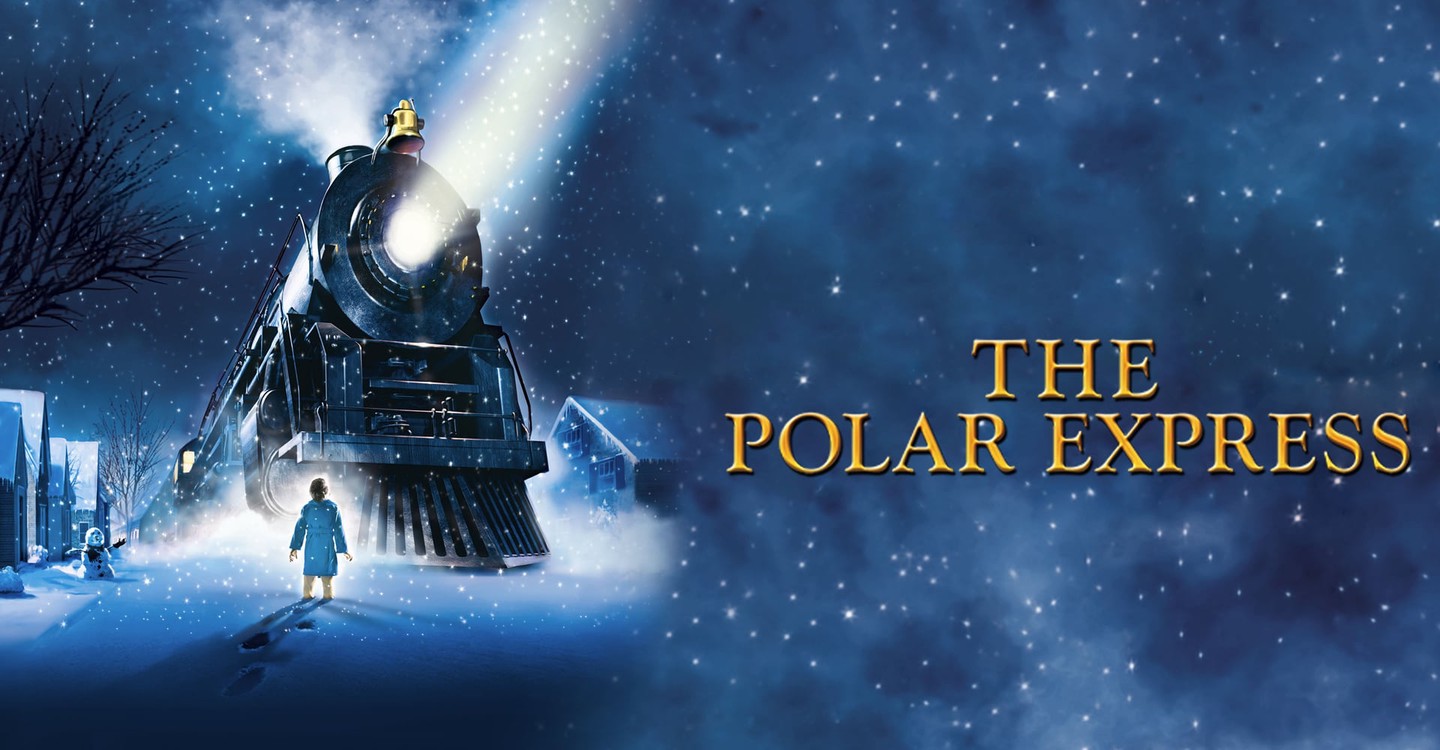
By Fr. Parker Love
I didn’t like The Polar Express. The 2004 film, based on the book written in 1985, has been called a classic Christmas film, and for the first time this Christmas season, I watched it, but I didn’t like it. Maybe that makes me like another classic Christmas character, one who is of a greener persuasion, but upon further reflection, I think there is something more to it. Or more precisely, there is something less in The Polar Express; there is something that it lacks in its attempt to be a classic Christmas story.
At its heart, The Polar Express is about belief. The protagonist journeys to the North Pole on a magical train that promises its passengers a unique experience and the opportunity to meet Santa Claus. The story is about charity, courage, and faith; these are all things I am extremely passionate about, and I didn’t even mind the occasional musical interlude, but amidst the adventure and humour, there was still something missing.
Belief in Santa Claus is the dilemma for most of the film’s characters. Boys and girls want to believe in Santa Claus badly enough that they’ll trust suspicious train conductors, risk their lives to make sure their friends can stay on the train, and talk to ghostly hobos who vaguely threaten them. Once they arrive at the North Pole, the children are enthralled by the magic: elves, toys, and all the Christmas magic that a young person could dream about seems to exist, but when faced with the reality of a fantastic toy factory, I only felt let down.
Santa Claus will never be enough for these children, despite his love and joy. A secular Christmas celebration will never be enough for these children, despite its emphasis on important things like family and generosity. The tragedy of the protagonist’s diminishing faith in the magical realm that he obsessed over as a younger child is real, but the solution to this tragedy isn’t more fantasy. The protagonist’s saving grace should be faith in the only thing worth having faith in: Christ Himself.
The crux of the film’s conclusion is the boy’s rediscovery of a magical bell. A gift from Santa Claus, this bell only rings for people who have belief. While the protagonist and his young sister can hear its jingle, their mother and father assume it’s broken. The protagonist describes how when he first had it, all his friends could hear it, but as they grew up, he alone remained as the one who could hear its music. He holds it’s sound close to his heart today.
That’s all very nice, and it might even make for a great metaphor of faith in Christ and His presence in the world for all who believe in Him (the Sacraments), but the Christmas message of The Polar Express is one that holds fast to the secular idea of Christmas, with no mention of the nativity of Christ at all.
“Sometimes seeing is believing, and sometimes the most real things in the world are what we can’t see” is some of the wisdom that The Polar Express tries to share. Its message rings true, to a certain extent, but the message of Christmas is that the best thing to believe in has made Himself visible—the best thing to believe in can be seen! The great gift of Christmas is that we need not believe in something that remains invisible. Christ is present; Christ is real; and He is born for us!

